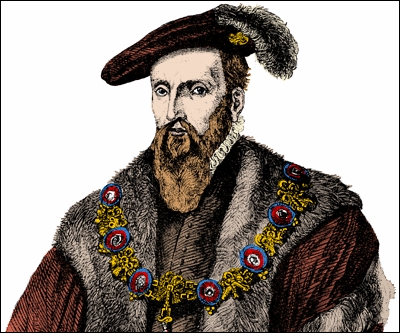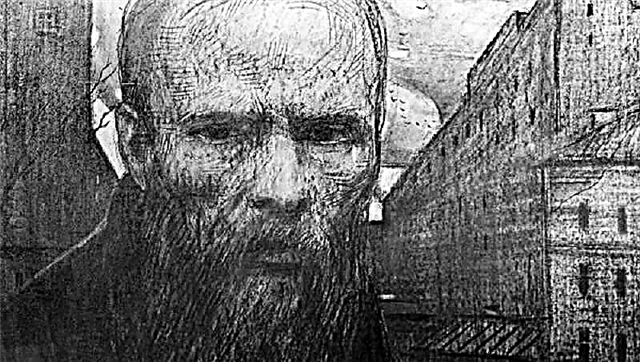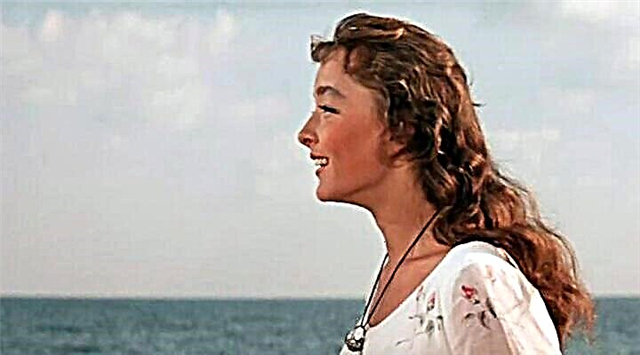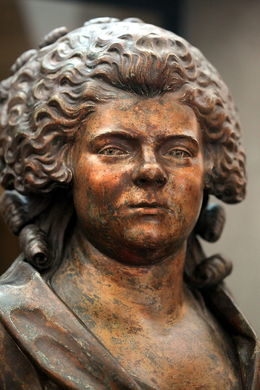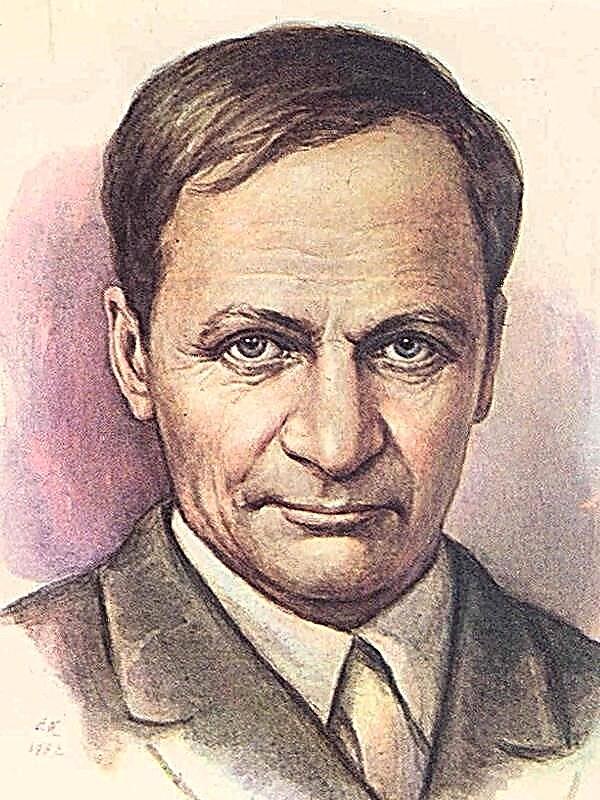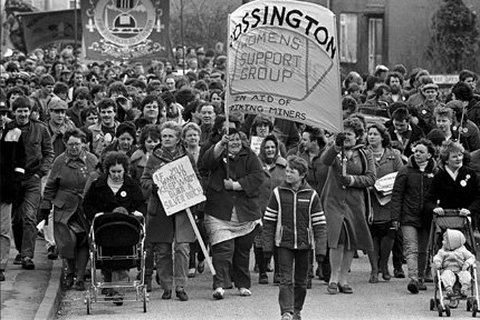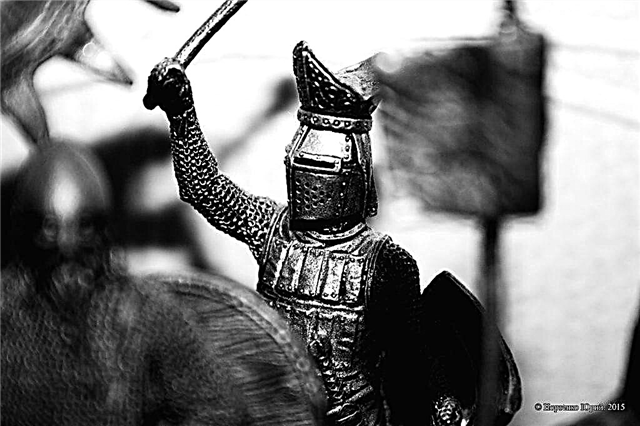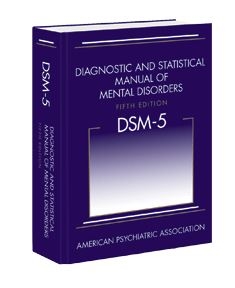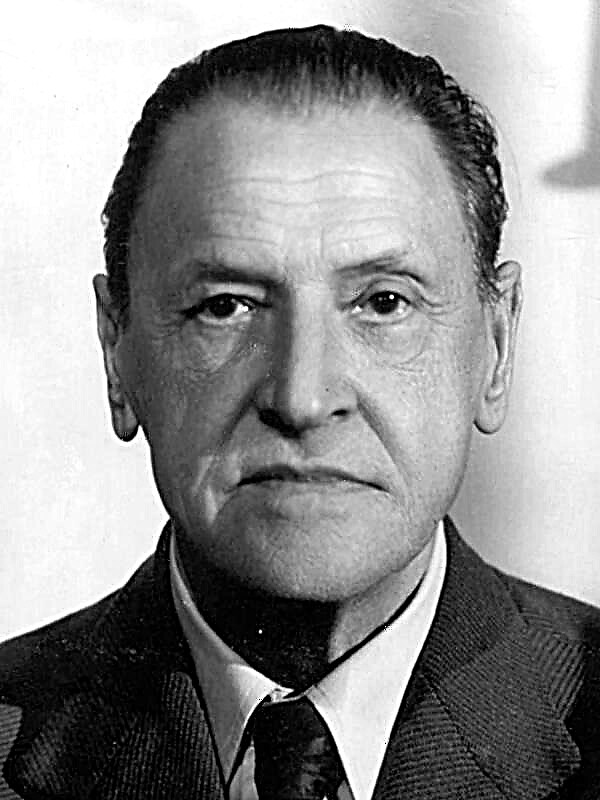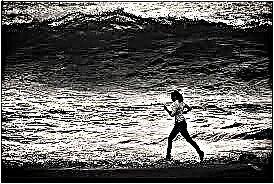(356 words) For each poet, the theme of the Motherland is something intimate, personal. That is why poems about native places are always imbued with trembling love. And what kind of homeland appears to us in the work of Blok and Yesenin?
Surprisingly, both poets considered this topic the main one in their poetry. Despite this fact, there are still significant differences between the two poets. The most obvious is the way the Motherland is portrayed. For Blok, it is inextricably linked with personal experiences. Everything that happened on his native land, one way or another, reflected on the life of the author. In the poem "Russia" (1908), the lyrical hero talks about the Motherland without embellishment. Yes, this is a “poor”, poor and gray Russia, but it is him! Blok admired his country. In his opinion, a great future awaits her. It is in the poem “On the Kulikovo Field” (1908) that the image of a mare rushing into the distance is created. But the writer was sure that a brighter future could not do without pain and battles: “And the eternal battle! Rest only in our dreams…". And the revolution could not but affect the work of the Bloc. In the cult poem “The Twelve” (1918), the poet recreated the image of a modernized, free Russia, and in “Scythians” he demanded that people stop all “horrors of war”.
Yesenin’s love for the Motherland is manifested through a description of nature. The poet sincerely admired her boundless fields, meadows, blue sky and bright sun. In the lyric poem "Sewed hewn horns" (1916), he openly confesses his love for the Fatherland: "I love to joy and pain / Your lake longing." Despite all the beauty of the motherland, the poet still noticed its dullness and "wretchedness." With the advent of the revolution, Yesenin hoped to see a new Russia, but this, unfortunately, did not happen. The incident greatly affected the inner world of the poet. He felt superfluous, unnecessary: “I don’t know what will happen to me / Maybe I’m not looking for a new life” (poem “Uncomfortable Liquid Moon…” (1925). The writer understood that everything in the country was changing - this is clearly expressed in the lyric works “Soviet Russia” (1924), “Homeless Russia” (1924), etc. Hoping for a change, he moved abroad, but even there he found no peace. Yesenin realized that he can only be happy in his homeland.
So, the creativity of the two poets is united by the fact that they sincerely believe in the bright future of their Fatherland. Yesenin and Blok loved their Motherland, and we see this in their beautiful poems!

